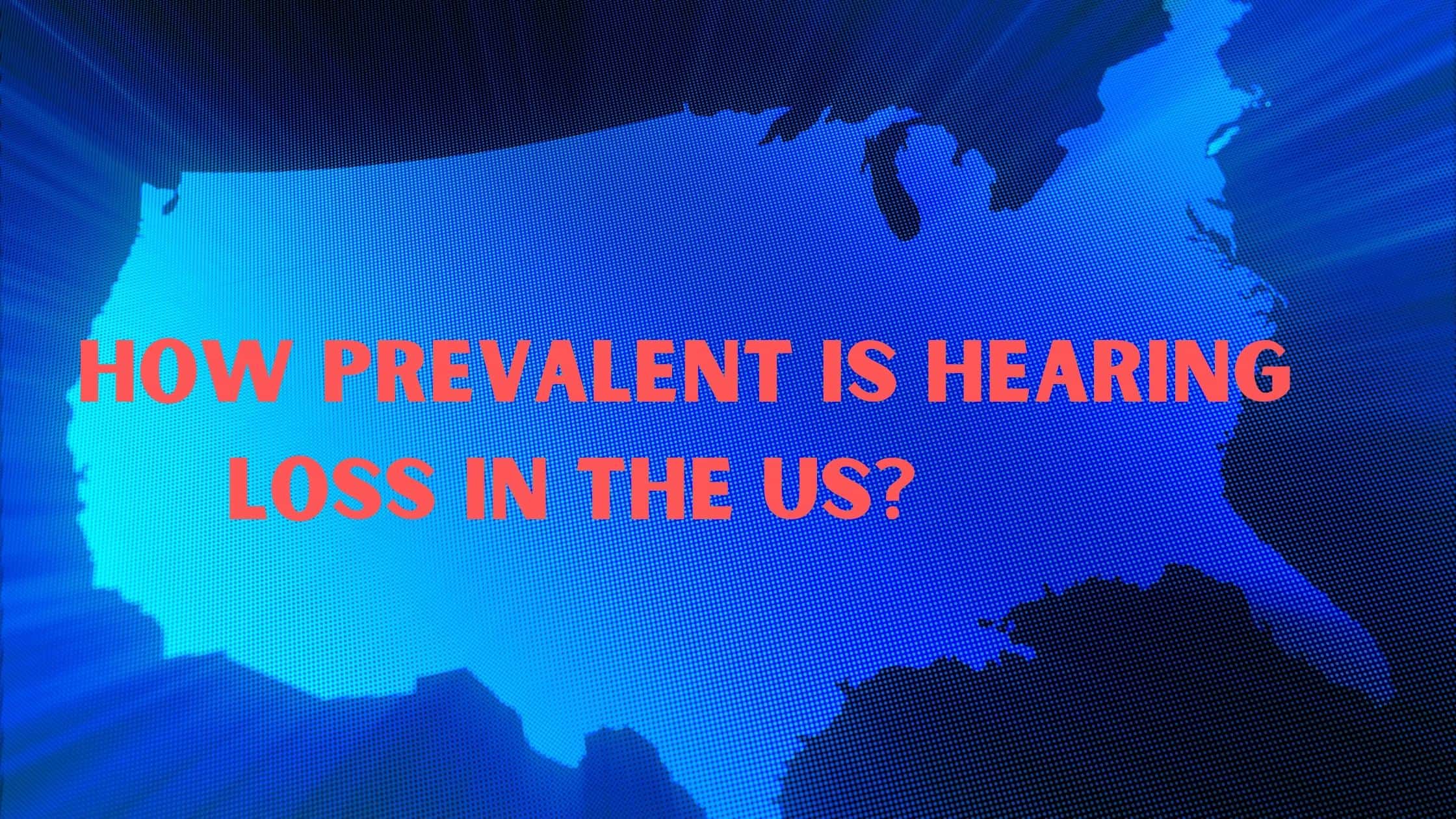
- Signs Your Earwax Buildup Needs Professional Attention - May 29, 2025
- A Step-by-Step Look at How Hearing Aids Make Sounds Sharper - May 5, 2025
- Causes of Conductive Hearing Loss? - April 27, 2025
Many people don’t take hearing loss as seriously as they should. While it starts as small miscommunications and the need to ask people to repeat themselves, it can quickly escalate into serious rifts in communication and the loss of awareness of the environment. The effects of hearing loss are often permanent causing the American Disability Act to recognize hearing loss of at least 90 decibels or more as a disability.
How Common is Hearing Loss?
Worldwide hearing loss affects an estimated 466 million people or 1 in 5, making it one of the most prevalent chronic conditions. Currently one in eight people in the United States (13 percent, or 30 million) aged 12 years or older has hearing loss in both ears. The issue is that often people don’t realize they have a hearing loss at all. It is a common misconception that hearing loss only affects seniors when in actuality, hearing loss affects people of any age. About 18 percent of adults aged 20-69 have speech-frequency hearing loss in both ears due to exposure of hearing loss at work.
Understanding Hearing Loss
Sounds can be beautiful. The voice of a loved one, our favorite song or the gentle flow of a stream traveling over stones can bring us joy, euphoria, or peace. However, as the decibel level rises, our ears become at risk for permanent hearing loss. While we hear with our ears, it is in the auditory cortex of our brain where we receive, interpret, identify, and comprehend these sounds and speech. There are tiny hair-like cells in our inner ear which transmit these sounds to our brain and they are incredibly susceptible to damage. When these inner ear cells become damaged, they do not have the capacity to regenerate, leaving an individual with permanent damage. This is referred to as sensorineural hearing loss and can cause serious issues with comprehension of speech as well as awareness over the sounds in an environment.
Age Related Hearing Loss
Age related hearing loss is the most common cause of hearing loss affecting 1 in three people over 65 and half over 75. It occurs over a lifetime of living, listening, and hearing. However, it is important to understand that hearing loss is not a guaranteed part of ageing until much later in life. Understanding the many causes of hearing loss can help us protect our hearing loss over a lifetime and slow the prevalence of this serious disability.
Noise Induced Hearing Loss
Sound is measured in decibels and any sound over 85dB or higher can start to damage the ears, causing sensorineural hearing. It is not just the decibel level but the length of exposure. For instance, an exposure of 85dB will start to cause significant damage if exposed for 8 hours or more. However, an exposure of 88dB will cause the same amount of damage in just half the time. Being aware of the decibel levels in the places you frequent such as work, home and in your commute can help you identify a threat to your hearing before it has a chance to escalate into an acute and incurable situation.
Ototoxic Chemicals
Several chemicals used for work and recreation can cause hearing damage. It is important to be aware of the chemicals you are using and their potential risk to your ears. In a workplace any chemical used on the job must be labeled with the appropriate label. It is up to you to read labels to avoid prolonged exposure. Often ototoxic chemicals come in the form of medications, such as anti-inflammatory, some antibiotics and cancer treatment drugs. Talk to your doctor about the potential risk to your ears.
Protect Your Hearing
Know the risks around you. Other potential risks to hearing include head trauma and infections. If you can identify a loud noise you encounter regularly, take the steps now to avoid permanent damage, leading to a serious disability. Don’t be a statistic for this prevalent disability. Wear hearing protection whenever the decibel level exceeds 85bB.
Most smartphones offer free apps to measure the decibel level of your space. Earplugs, protective headphones, and noise canceling headphones can help you from causing permanent damage. However, if you do have some hearing loss, it is important to identify it immediately and seek treatment. The most common treatment are hearing aids, which amplify the sounds you struggle with so you can continue to hear and participate in your life. Schedule a hearing test today!
